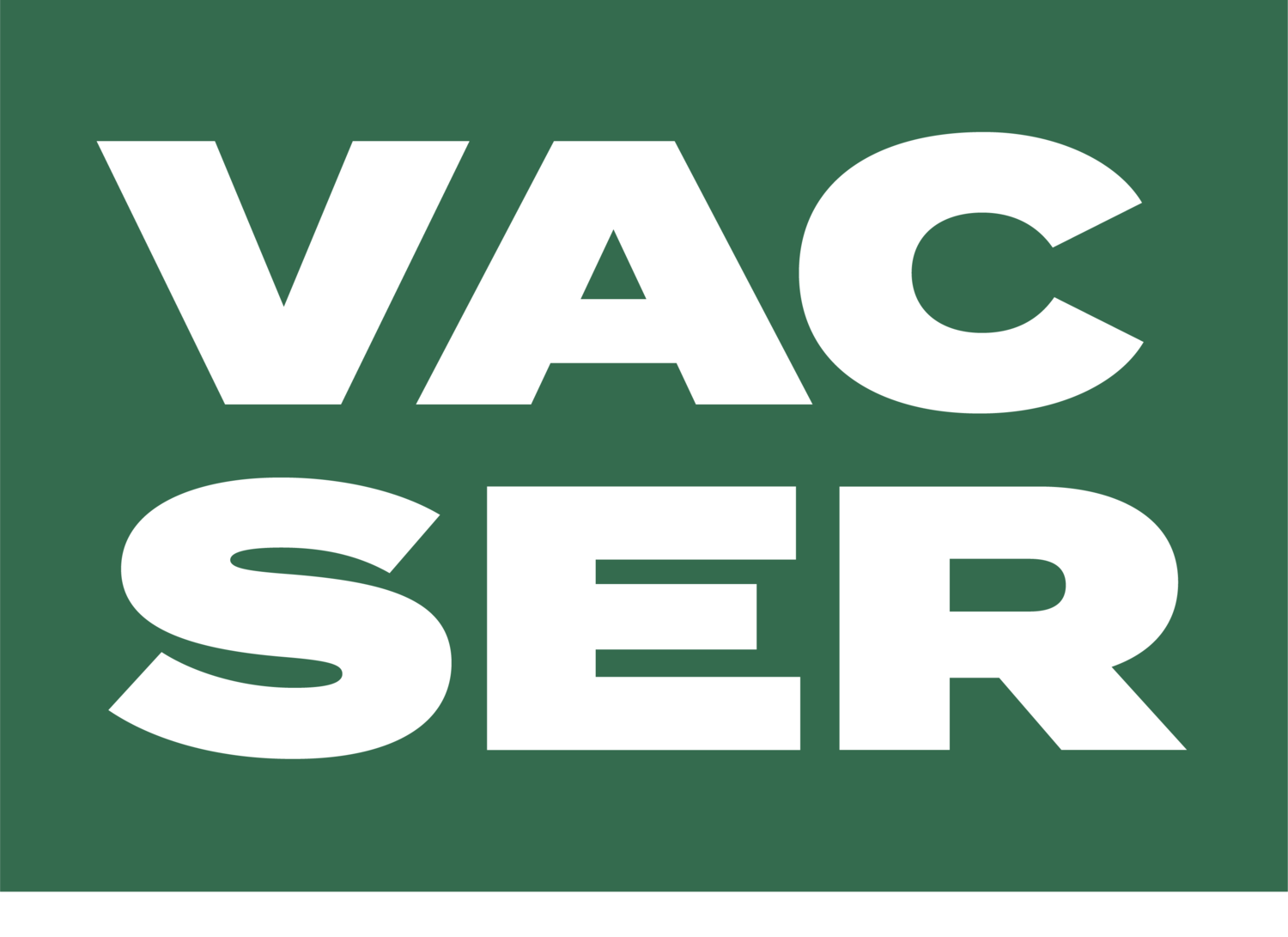Family Life Education in Virginia
Why is Family Life Education Important?
What is typically called “sex education” across the country is called Family Life Education (FLE) in Virginia, and it is incredibly flawed. This is our vision for Family Life Education in Virginia:
Most importantly, FLE should be much more than what most people think of when it comes to a typical “sex education.” FLE should teach students about healthy relationships, sexuality, anatomy, respect, and smart decision making. It needs to provide people with the knowledge to protect and advocate for themselves should they ever choose to have sex, as well as understand if and when they are ready to have sex. FLE should empower students to say no when they aren't ready or don’t want to have sex. One of the most important aspects of FLE should be to create a culture in which people feel comfortable talking about sex with their partners.
People should be empowered by FLE to think critically and make healthy decisions whenever life’s challenges arise. At the same time, powerful FLE should better enable students to reach their full potential in life by preventing circumstances that would inhibit them from reaching their life goals and contributing to their communities.
Why is Virginia’s Family Life Education Inadequate?
FACT: Only 29 states require that some form of sex education is taught in schools. Virginia is NOT one of them.
FACT: Only 17 states require that sex education is medically accurate when it is taught in schools. Virginia is NOT one of them.
FACT: Only 9 states require that sex education is culturally appropriate and unbiased, respecting the different lived experiences of ALL students. Virginia is NOT one of them.
FACT: Virginia’s Family Life Education does not include information about consent.
FACT: Family Life Education is not mandatory in Virginia, so there is a wide range of FLE curricula depending on your school district. Some districts have comprehensive FLE, while some districts have abstinence-only or no FLE. As of 2017, there were 9 school districts with no FLE.

